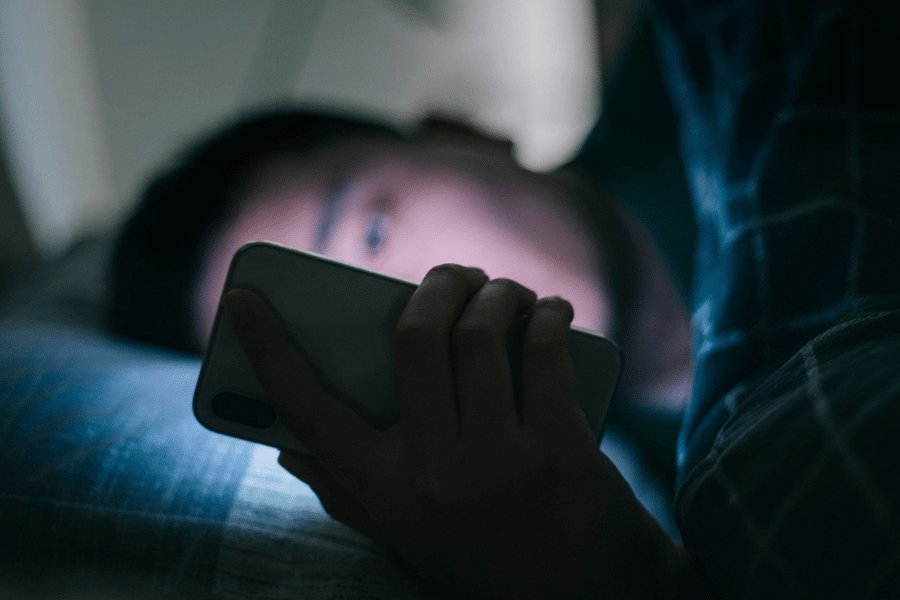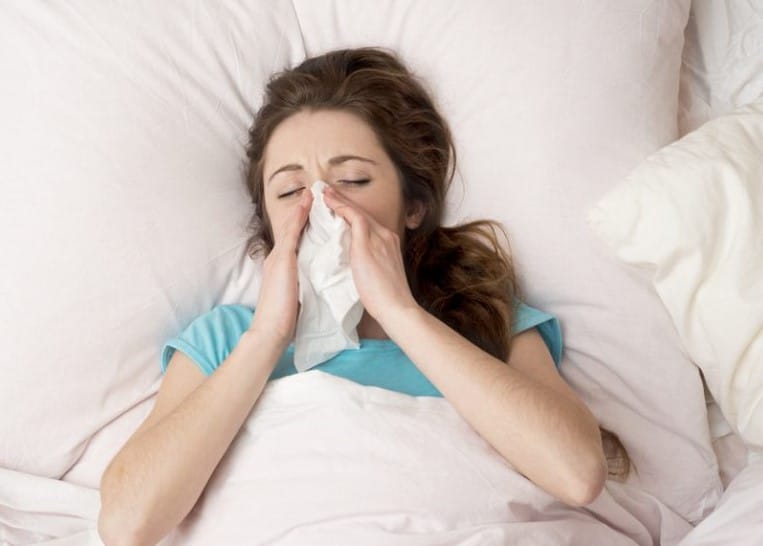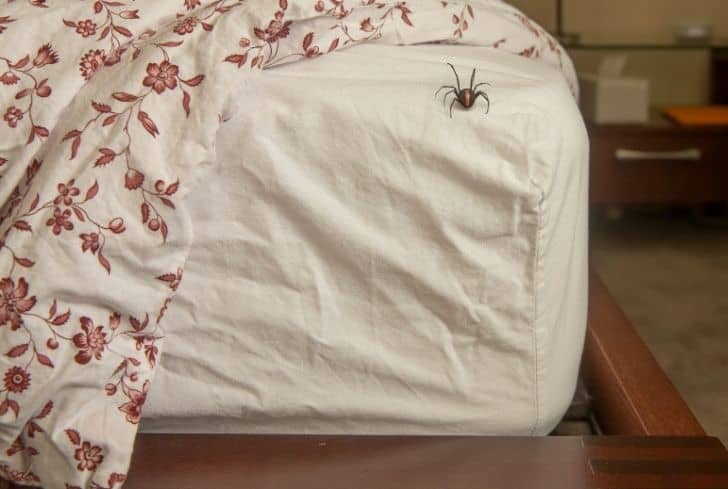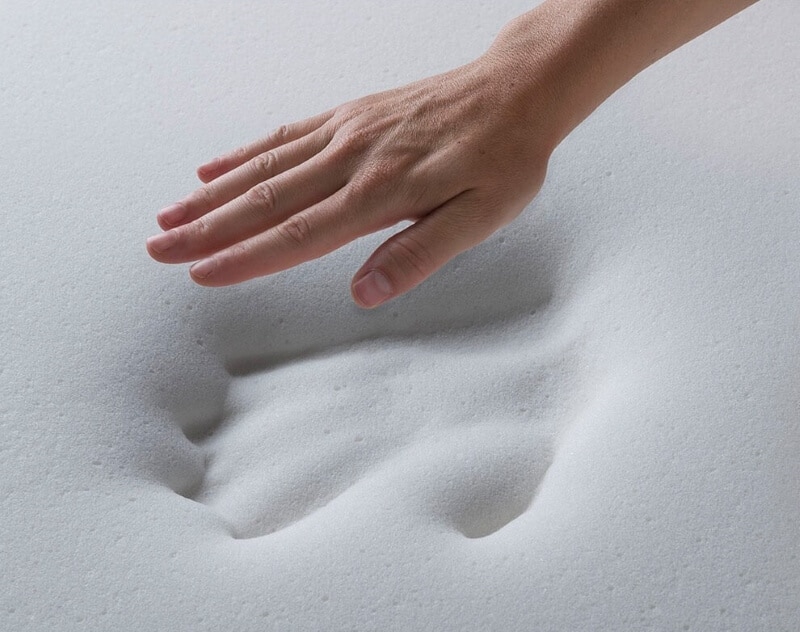

It’s common knowledge that most people are supposed to get at least 8 hours of sleep a night, but did you know that sleeping for more than 9 hours is actually considered oversleeping?
Sleep is a restorative process for all animals, and there are many reasons why you may find yourself oversleeping. Oversleeping is actually a natural occurrence during and after an illness or when adjusting from a past lack of sleep. In other instances, chronic oversleeping and a pervasive feeling of fatigue could be symptoms of a problematic health issue— like a mental health disorder, a sleeping disorder, or a chronic illness— that requires professional assistance.
In this article, we’ll walk you through all of the ins and outs of oversleeping, as well as give you a few tips to help you maintain a healthy, balanced sleep schedule.
Medically speaking, oversleeping occurs when an individual sleeps for longer than 9 hours during a window of 24 hours. There are many normal reasons why you might find yourself sleeping for an extended period of time, and there are also some reasons that may be a cause for concern and further inspection.
Some of the normal reasons include recovering from an illness or injury, adjusting to a new time zone, or recuperating after experiencing a sleep deficit.
More concerning reasons one might oversleep include sleeping disorders like narcolepsy and hypersomnia, as well as mental health issues like depression or anxiety.
Additionally, it should be noted that younger people tend to sleep more and need more sleep than adults. This is because younger kids and teenagers are still growing.
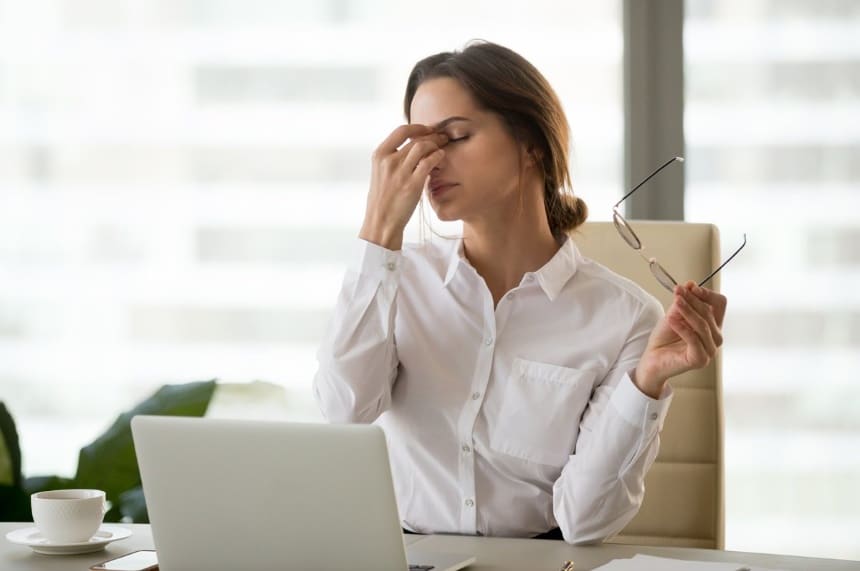
Since sleep is such a good way for our bodies to heal, you may be confused about why oversleeping could be seen as a bad thing. Chronic oversleeping can actually have some adverse symptoms associated with it. If you find yourself sleeping more than 9 hours a night and also experiencing some of the following symptoms, you should consider speaking with a medical professional or sleep specialist.
Symptoms of oversleeping:
There are many reasons why you might find yourself oversleeping. It’s natural to sleep more after you get very little sleep during previous nights, especially if this occurred for many days in a row. There are also some medical issues that may cause you to sleep more than 9 hours per night, including (but not limited to):
There are also certain medications that may cause you to feel sleepy, as well as eating certain foods.
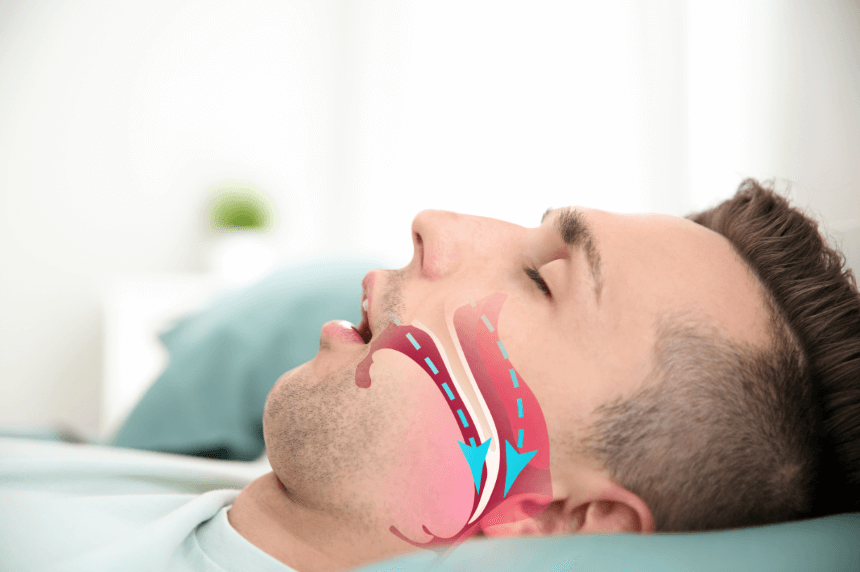
Sleep apnea is a breathing disorder that occurs during sleep. Those who experience sleep apnea will often stop breathing while asleep, which causes side effects like snoring, choking, and poor sleep quality. In turn, this low-quality sleep leaves sleep apnea patients feeling tired, irritable, and sluggish during the day. Sometimes you may not even realize you have sleep apnea unless you’re observed in a lab or told by a partner that you exhibit many of the signs during sleep.
If you suspect that you may have sleep apnea, don’t worry—in most cases, there are many viable treatment options Trusted Source Sleep apnea solutions - Harvard Health Weight loss and breathing-assist therapy are the keys to overcoming this common male ailment. Nighttime snoring and persistent daytime fatigue are telltale signs of obstructive sleep apnea (OSA). In this common condition in men, the upper airway pinches closed repeatedly overnight, fragmenting sleep and starving the brain of oxygen. www.health.harvard.edu that can help you resolve the issue and get a good night’s sleep.
Narcolepsy is another condition that may cause you to oversleep during the day and in the mornings. Narcolepsy can be classified into three different types, but each of them shares common symptoms. These symptoms include feeling overwhelmingly tired during the day and experiencing things called sleep attacks which occur when you uncontrollably fall asleep in public places. Narcolepsy can occur on its own or manifest as the result of a brain injury.
Treatment is available to help manage narcolepsy symptoms, although the condition is lifelong.
Idiopathic hypersomnia is the name that medical professionals assigned to patients who find themselves oversleeping chronically without any identifiable cause. If your doctor performs a number of tests and asks you a lot of questions but still can’t determine an alternate cause for your oversleeping, they will likely diagnose you with idiopathic hypersomnia.
Those who suffer from this condition often find themselves sleeping as much as 18 hours per day. They also struggle to wake up in the morning and describe feeling excessively sleepy during the day. They may also complain of not feeling well-rested, even after sleeping for more than 9 hours.

Depression and anxiety are mental health disorders that are commonly associated with oversleeping and a feeling of fatigue. Not all patients with depression will find themselves oversleeping, however, as many depression patients complain about the opposite problem and struggle with falling asleep at all. If you seek medical advice for your oversleeping problem, you will likely be asked to answer a series of questions to determine whether or not you may be suffering from anxiety or depression. Thankfully, both of these issues can be treated effectively with medication and therapy.
In a lot of cases, sleeping is good for you, but sleeping too much can have negative effects on your body. Interestingly, the effects of oversleeping are very similar to the effects caused by not getting enough sleep. These include:

If you’ve recently been oversleeping or find yourself feeling increasingly unrested during the day, there are a lot of great tips and tricks that you can employ to improve your sleep and make waking up easier.
Here are some things that you can try:
Many people might be surprised to learn that oversleeping can have negative side effects on your health or can even be a telltale sign of some underlying health issues. In some cases, getting a lot of sleep is a good thing and can be healthy for you, but in other cases, it may be an indicator that something in your body isn’t working right and needs to be addressed. The good news is that there are a lot of treatments available once you can get an accurate diagnosis for whatever is causing you to oversleep.
